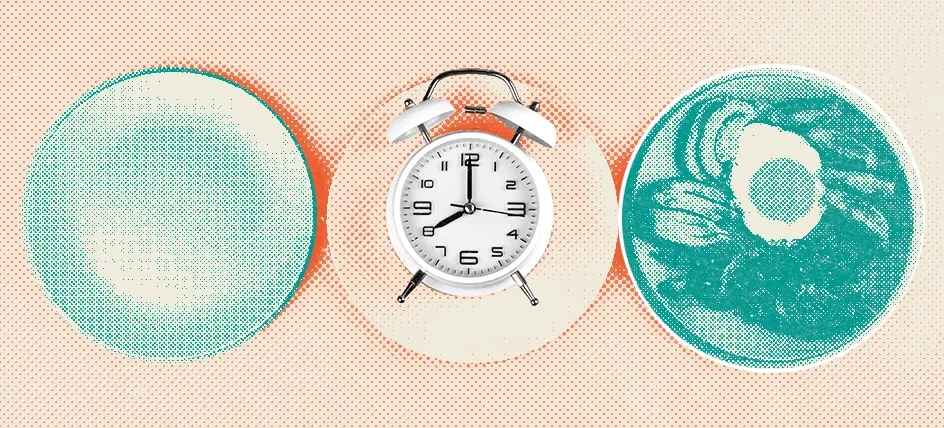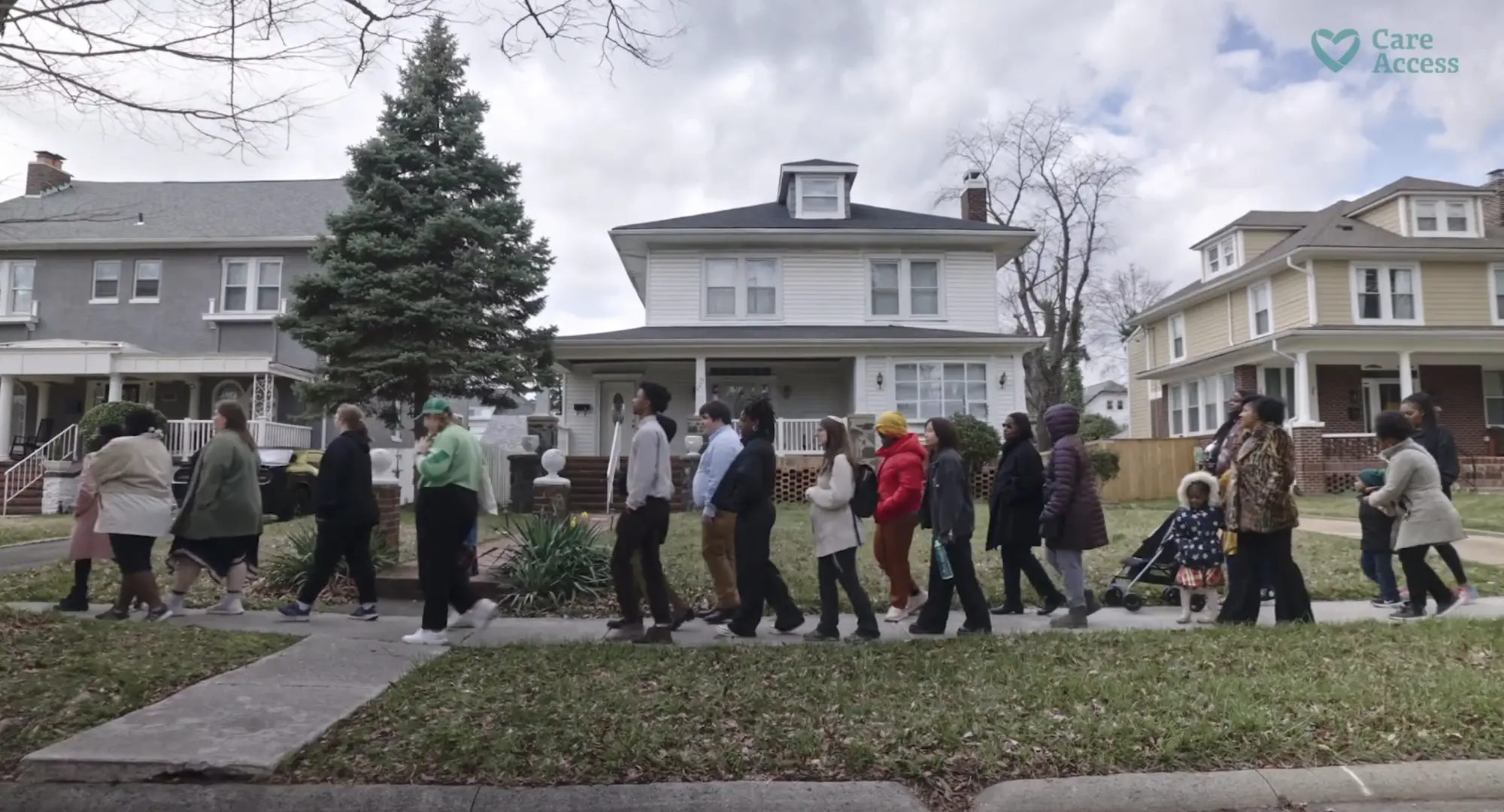Back to Health Resources
Should You Fast Before a Blood Draw? How It Affects Your Results

The Future of Medicine health screening program provides blood tests to measure various health risks. While fasting is not required for the screening, some of your results may differ based on whether you decide to fast before your blood draw.
What does ‘fasting’ before a blood draw actually mean?
FASTING
Not eating or drinking anything except water for 9-12 hours before your blood test.
NON-FASTING
Eating and drinking as usual before the test.
How are certain tests impacted by fasting or non-fasting?
Test
Impacted by Fasting?
Next Steps
Lp(a)
A type of cholesterol driven by your genes, not diet and lifestyle.
HDL
High-Density Lipoprotein, considered the “good” cholesterol because it carries bad cholesterol away from the arteries, allowing it to be removed from the body.
LDL
Low-Density Lipoprotein, sometimes referred to as “bad” cholesterol because it can build up in the arteries.
VLDL
Very Low-Density Lipoprotein, primarily carries triglycerides. High levels of VLDL can contribute to the buildup of plaque in the arteries.
Total Cholesterol
Includes both LDL “bad” and HDL “good” cholesterol.
Triglycerides
A type of fat in the blood. Elevated levels of triglycerides are linked with an increased risk of heart disease.
A1c
Measures your average blood sugar levels over the past 2-3 months. High levels indicate diabetes or an increased risk of diabetes.
eGFR
Measures how well your kidneys are working by assessing the amount of creatinine in your blood.
hsCRP
Measures levels of C-reactive protein in your blood, a substance produced by the liver in response to inflammation.
Lp(a)
A type of cholesterol driven by your genes, not diet and lifestyle.
Impacted by Fasting?
Next Steps
HDL
High-Density Lipoprotein, considered the “good” cholesterol because it carries bad cholesterol away from the arteries, allowing it to be removed from the body.
Impacted by Fasting?
Next Steps
LDL
Low-Density Lipoprotein, sometimes referred to as “bad” cholesterol because it can build up in the arteries.
Impacted by Fasting?
Next Steps
VLDL
Very Low-Density Lipoprotein, primarily carries triglycerides. High levels of VLDL can contribute to the buildup of plaque in the arteries.
Impacted by Fasting?
Next Steps
Total Cholesterol
Includes both LDL “bad” and HDL “good” cholesterol.
Impacted by Fasting?
Next Steps
Triglycerides
A type of fat in the blood. Elevated levels of triglycerides are linked with an increased risk of heart disease.
Impacted by Fasting?
Next Steps
A1c
Measures your average blood sugar levels over the past 2-3 months. High levels indicate diabetes or an increased risk of diabetes.
Impacted by Fasting?
Next Steps
eGFR
Measures how well your kidneys are working by assessing the amount of creatinine in your blood.
Impacted by Fasting?
Next Steps
hsCRP
Measures levels of C-reactive protein in your blood, a substance produced by the liver in response to inflammation.
Impacted by Fasting?
Next Steps
While a fasting blood draw offers the most accurate results for certain components of your health screening, especially triglycerides, LDL, VLDL, and pTau, other tests like Lp(a), HDL, A1c, eGFR are not impacted by fasting. If any of your results are abnormal, follow up with your healthcare provider to discuss the next steps and potential treatments.
CONTRIBUTING EXPERT

Sinikka Green, MD
Dr. Green is the Medical Director and a Principal Investigator at Care Access. She is board certified in emergency medicine.
DISCLAIMER
The information provided on Care Access is intended for informational purposes only and should not be considered as a substitute for professional medical advice, diagnosis, or treatment. Always seek the advice of your physician or other qualified healthcare provider with any questions you may have regarding a medical condition. Our products and content are not intended to diagnose, treat, cure, or prevent any disease.
Explore More Health Resources

STORIES from the Heart

